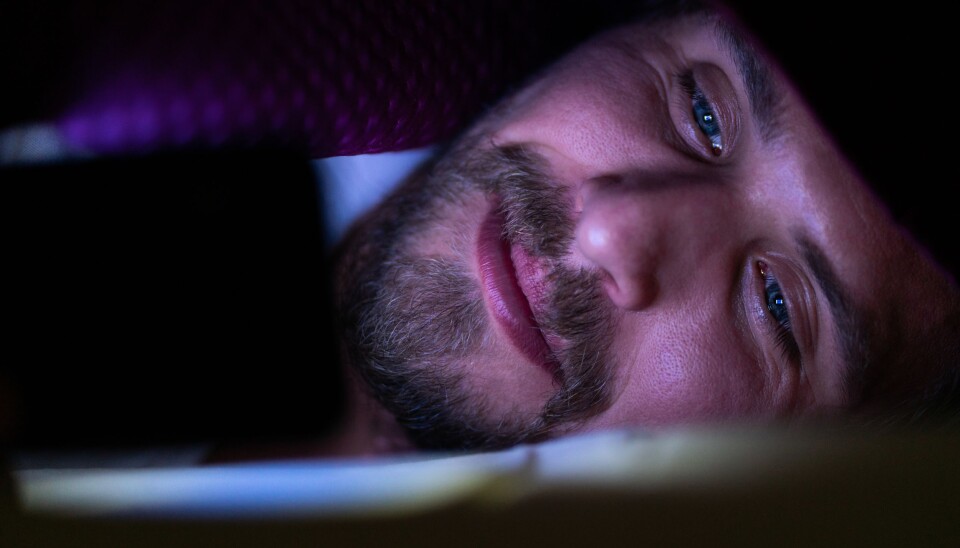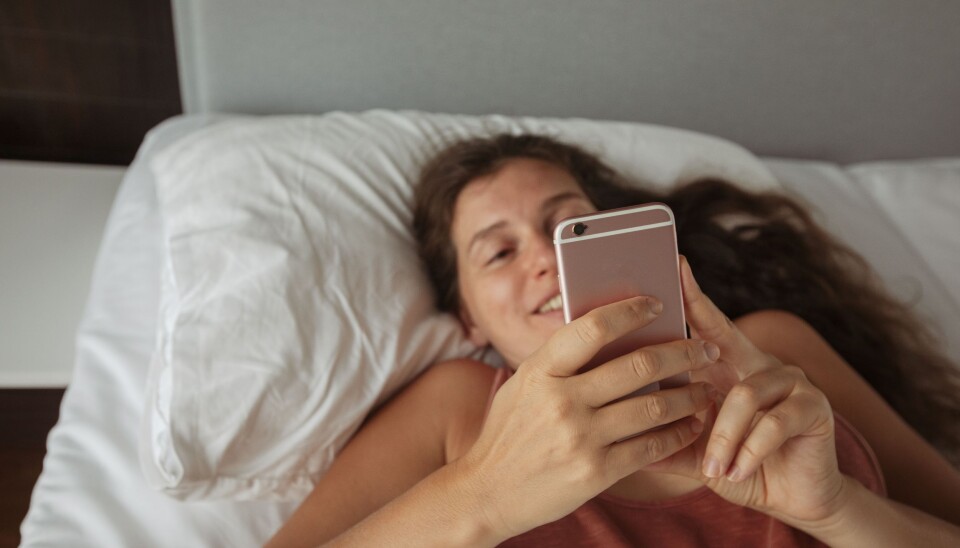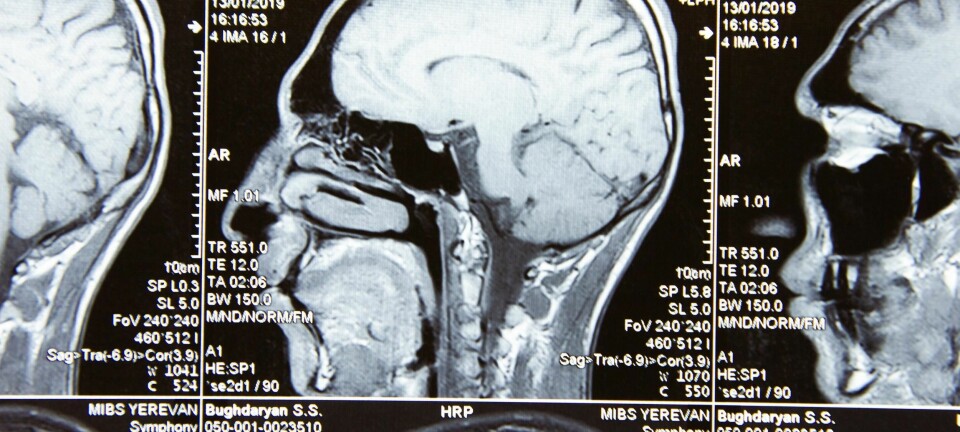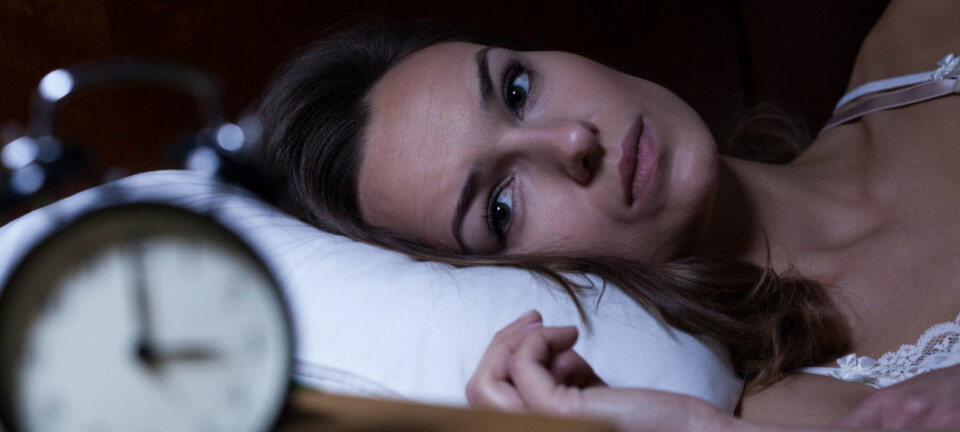
Do you stay up late because you need time for yourself?
Sleep researchers have long known that many people go to bed late. In Chinese, the term “revenge bedtime procrastination” has become popular. It’s used to describe people with little personal time who choose to sleep less so they can unwind at night.
Some people with extremely long working days would rather steal a little time for themselves at night than sleep, according to an article by the BBC. The term revenge bedtime procrastination, or bedtime retaliation, has become a popular expression in Chinese.
Sleep researchers are all too familiar with the fact that people go to bed later than they should. The need for personal time as an explanation for delaying bedtime has not been as well studied. But might it be one cause of the problem?
Why do people put off going to bed?
Øystein Vedaa is department director at the Department for Health Promotion at the Norwegian Institute of Public Health, where he studies sleep, among other topics.

“I have not read about this phenomenon, but it sounds reasonable that people might postpone their bedtime because they need some time for themselves,” says Vedaa.
He also works at NTNU, the Norwegian University of Science and Technology, at the Department of Mental Health, and at the Bergen Sleep Centre, where he treats people who struggle with sleep.
Researchers know little about why people delay going to bed. People who procrastinate when it comes to going to bed may also procrastinate when it comes to other activities, a Dutch study suggested in 2014. People’s willpower is also often weaker in the evening.
The Dutch study says that procrastination when it comes to sleep is of interest because of the “possibility that the relationship between procrastination and health behaviors is merely reflective of a confounding general self-control problem rather than actually involving putting things off.”
Another problem is that the internet offers a 24-hour bar, with entertainment, shopping and great conversation.
“It’s a known fact that people trade sleep for entertainment time. Not everyone is equally disciplined, and they don’t always manage to stop doing things that are entertaining and choose to sleep,” Vedaa said to sciencenorway.no.
Gaming and freedom
When we watch TV, surf the web or play games, our tired heads are also stimulated. These pastimes can engage us in a way that makes it difficult to fall asleep, Vedaa said.
“This is especially a problem for young people and young adults. We know they sleep less, and have more difficulty falling asleep than young people did thirty years ago. Gaming is part of the reason. And different games have an effect on the brain's reward system, which in turn may also keep us awake,” he said.
People are also available to each other for large parts of the day. That’s particularly a challenge for young people in the evening, Vedaa says.
“Friends are important for young people. Adolescents are more likely to decide on their bedtime than younger children. It’s a power they may not always be mature enough to have, now that there are so many other activities to tempt them,” he says.
Shift workers get little free time between shifts
It’s easy to think of people who don’t sleep enough as people who are worried and distressed. But the reasons behind the lack of sleep can be positive, while still being detrimental to sleep, Vedaa believes.
“It’s just as difficult to fall asleep when your thoughts run wild about things you look forward to, as things you dread,” he said.
When therapists like Vedaa help people with sleep problems, they try to find out what is interfering with each person's sleep and what can be done about it.
In countries where people work extremely long days, employers should take into account that employees need time to relax, according to one of the interviewees in the BBC article.
In Norway, people who work shifts may have a problem finding time to wind down in the evening, Vedaa said.
“When they work night shifts and come home, they often need to relax before they are ready for bed. This is especially problematic for people who are going to work a day shift the next day. They often don’t give themselves enough time to relax before going to bed, which can result in them spending more time falling asleep than otherwise. So going to bed too early can be a problem too,” he said.
Vedaa says it could be that these people are spending more time on their phones in bed than usual, but he has not specifically asked about this.

He thinks there are two things that lead to people going to bed too late.
One is that they don’t have time to relax after their work and family obligations, and they’re too wound up when they go to bed. And the second is that they may be overly aware that they have to get up early the next day, and try too hard to fall asleep.
The problem for people who suffer from a lack of sleep is often that they try too hard, he says.
“There’s a funny American study where participants were promised various sums of money if they managed to fall asleep quickly. Some people were offered the equivalent of about a hundred Norwegian kroner, while others could earn around a thousand. And people who had the chance to earn the most spent a significantly longer time falling asleep than the others,” he said.
Parents of young children — a vulnerable group
Parents of toddlers may find they don’t get a lot of sleep, and they also often find that they have less time to themselves. Vedaa has not specifically studied the sleep problems of parents with young children, but it’s well known that many people struggle with sleep during this period, he says.
“Everyday life with small children is busy, and many people don’t even have time to talk to their partner before they go to bed. This might be the only time they have to solve relationship problems, but this isn’t an appropriate strategy. When you go to bed, you should be ready for sleep — or other, more romantic activities,” Vedaa said.
It’s a good idea to try to calm down before going to bed, he said.
“We work with this in the clinic. Setting aside time earlier in the evening — putting the day to rest, I usually call it. Then you can go through the day and summarize things for yourself, maybe make a list of what’s important for the coming day. Then you can spend the rest of the evening taking a relaxed approach to bedtime,” he said.
“It can be difficult, but a prerequisite for being able to sleep is that we physically and mentally set the stage so it can happen,” he said.
Get up and listen to podcasts
“The physical requirements are often obvious to people: It should be dark, quiet, a suitable temperature, and we should be lying in a relaxed position. Our mental situation should be that we’re not thinking about difficult problems, or thoughts that trigger strong emotions,” he said.
Some people may think that they can relax from a difficult day by watching TV series or checking social media in bed.
“The problem is that if it takes too long to fall asleep, worries and frustration over your inability to sleep can build and make it even more difficult to fall asleep. In that situation, it may be helpful to get up and do something else for a while,” he said.
“I usually suggest sitting in the living room and listening to an audiobook or podcast. This can help you forget about the ‘work’ of going to sleep, and let your thoughts turn to other things, so that you can feel sleepy and try to fall asleep again,” he said.
But a really binge-worthy TV series may not be the best choice when it comes to trying to fall asleep, he said.
It can simply be too tempting to finish the episode — or even worse: to watch another.
Translated by: Nancy Bazilchuk
———



































